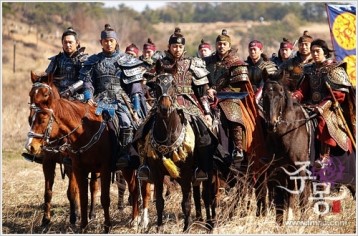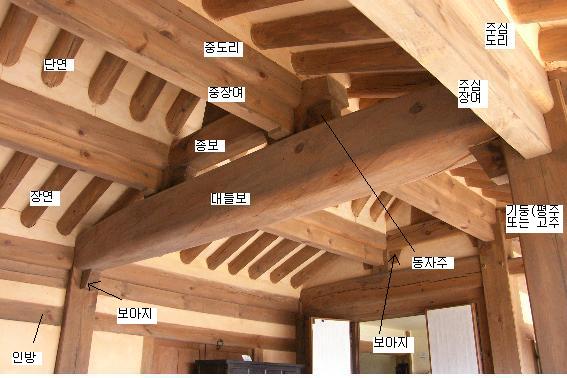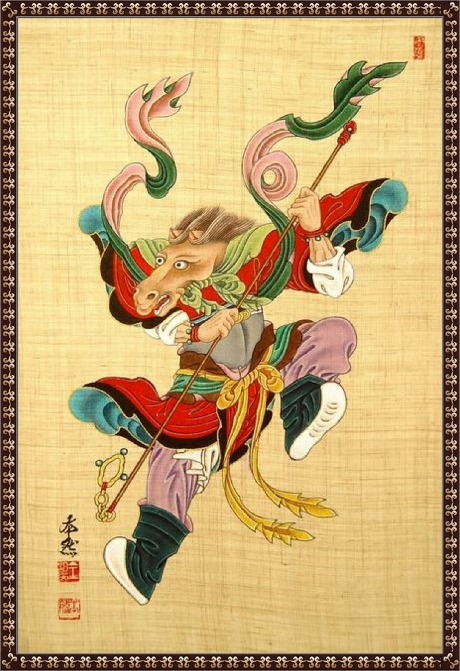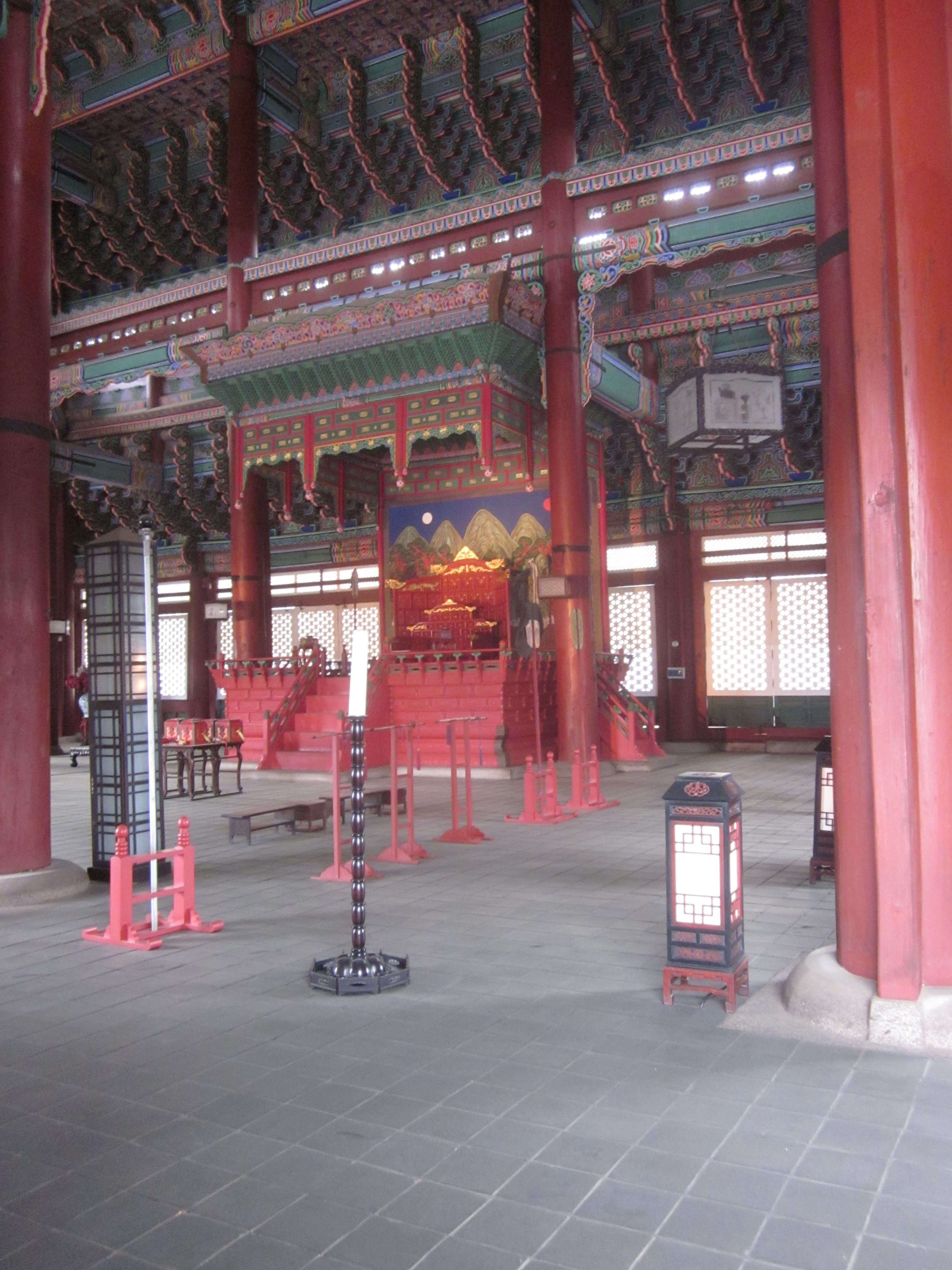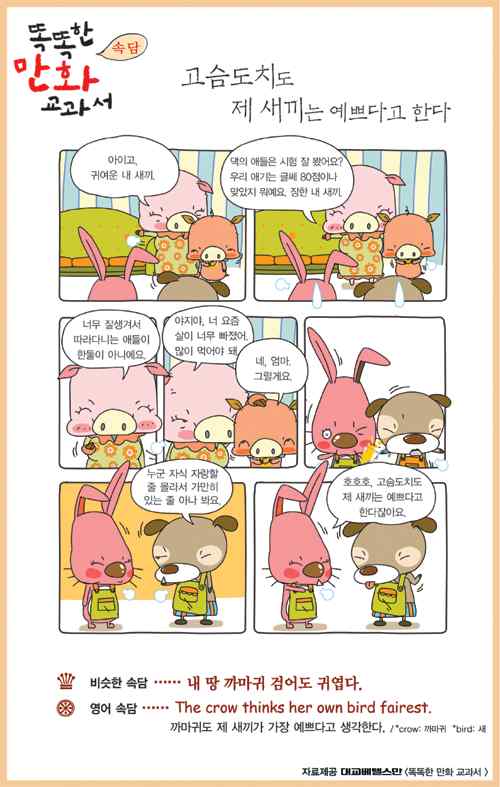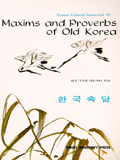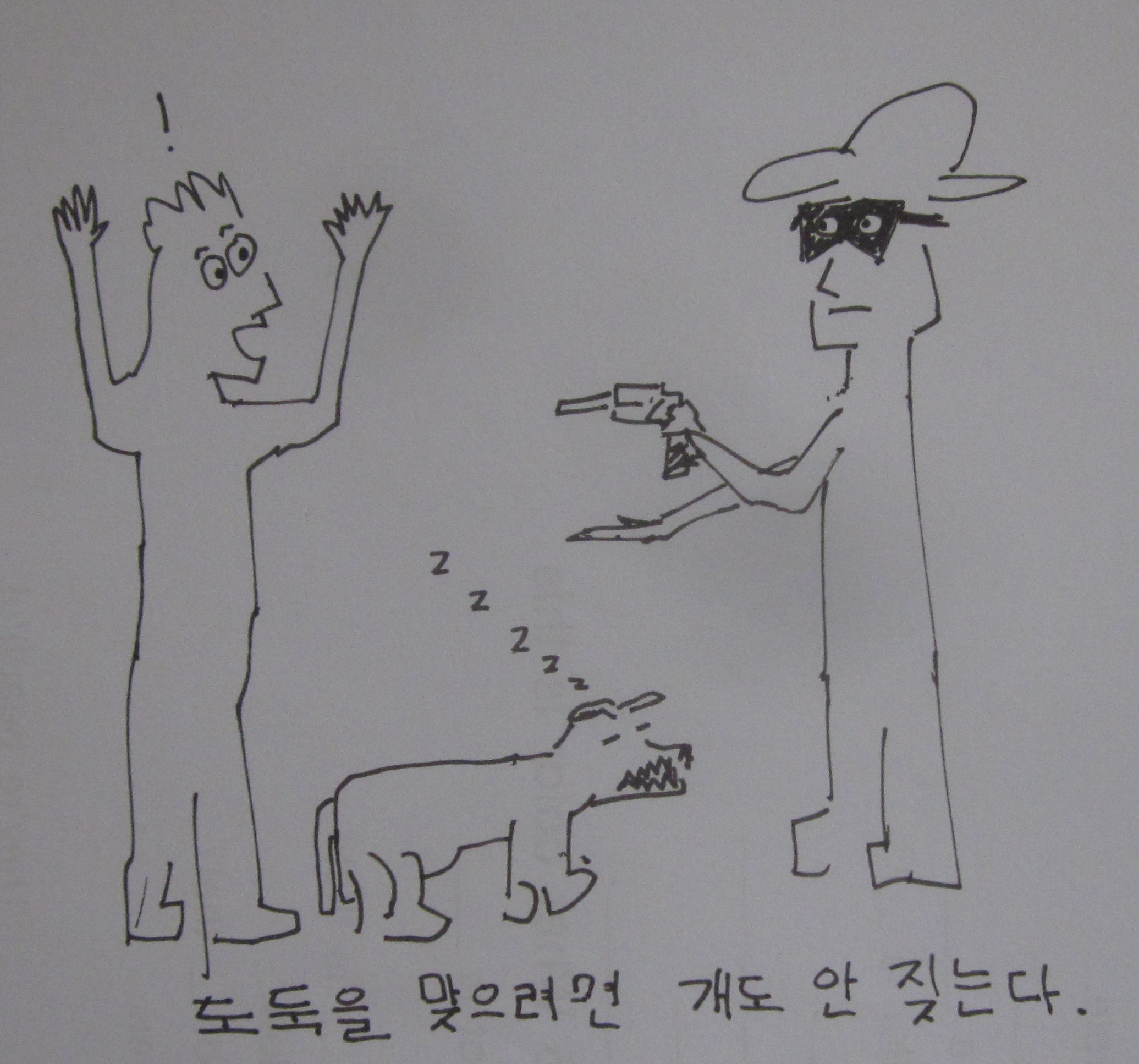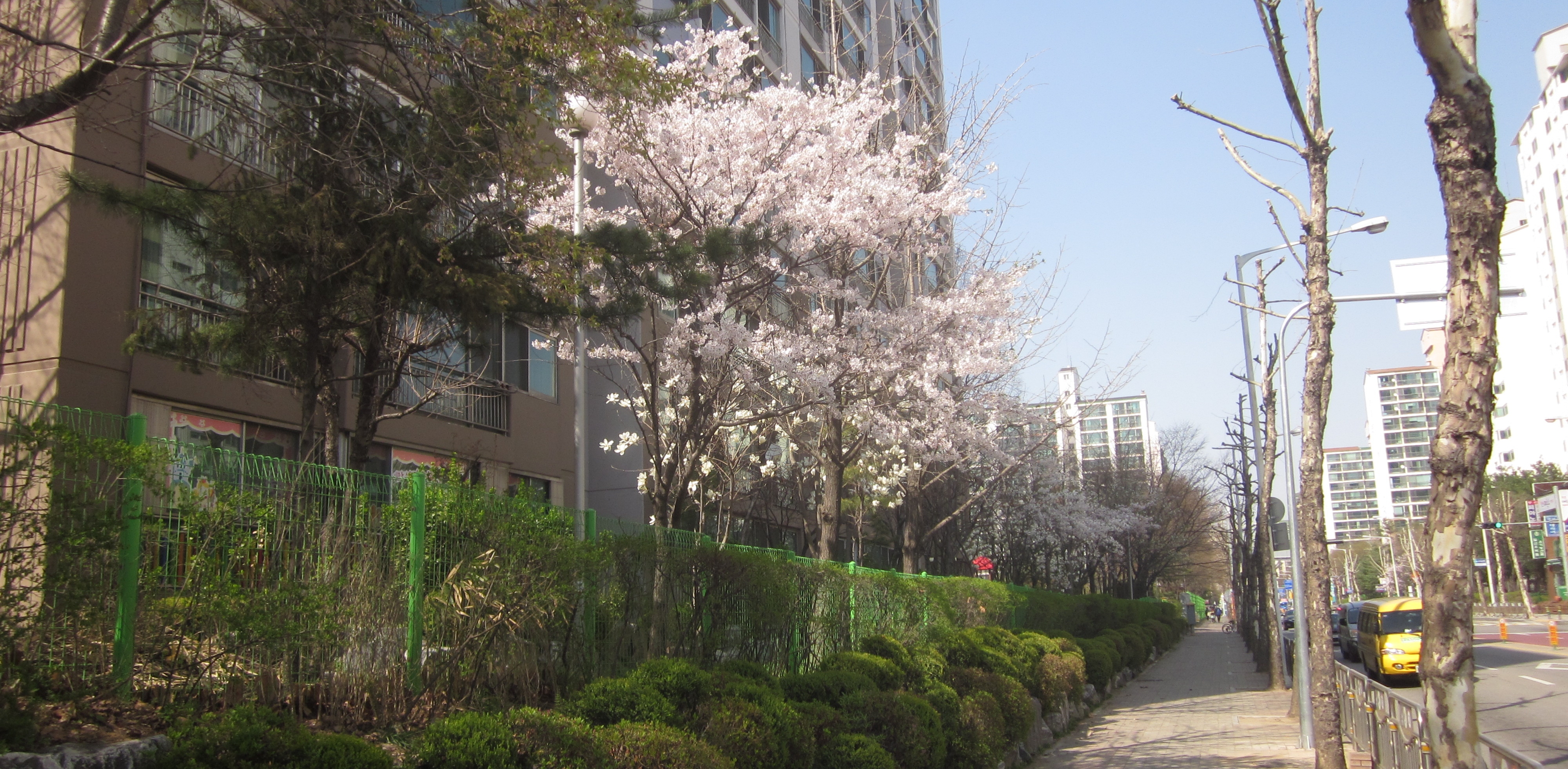I’ve decided to do a series of Korean tongue-twisters, in the same way I have been doing aphorisms and proverbs.
고려고 교복은 고급교복이고 고려고 교복은 고급원단을 사용했다.
고려고 교복은 고급교복이고
go·ryeo·go gyo·bok·eun go·geup·gyo·bok·i·go
Goryeo-High uniform-TOPIC high-quality-uniform-be-CONJ
고려고 교복은 고급원단을
go·ryeo·go gyo·bok·eun go·geup·won·dan·eul
Goryeo-High uniform-TOPIC high-quality-fabric-OBJ
사용했다
sa·yong·haett·da
use-PAST
The Koryo High School uniform is of high quality and the Koryo High School uniform is made of high quality fabric.
The only word that gave me a problem here was 원단. I’d already heard from a Korean tutor that the word means fabric, but my efforts to confirm that with a Korean-English dictionary failed – none that I consulted online include “fabric” as a meaning for 원단. But the meaning is right there in the Korean-Korean dictionary: 원단 (原緞) -옷 따위를 만드는 데 원료가 되는 천 (which translates roughly as a good definition for fabric). The hanja are different for this 원단 than the ones found in the Korean-English dictionary, too. Sometimes I think that mostly what I’m learning with all my efforts at study is not the Korean Language, but instead the shortcomings of Korean-English dictionaries.
I decided not to research what the actual Goryeo High School uniform looks like. I only found one Goryeo High School in Korea, which is located in the city of Gwangju. I may have even walked past it at some point during my perambulations in that city when living down in Yeonggwang in 2010~11, since Gwangju was the closest major city. I was surprised that there is only one high school with the name Goryeo, since there is a very famous university called Goryeo, and since the name “Goryeo” itself is one of the many names for the country called “Korea” or “Corea” in western languages, arguably one of the oldest names, and undoubtedly the name from which the western name for the country derives.
Anyway, I hope they have nice uniforms at that high school, made with high quality fabric.

